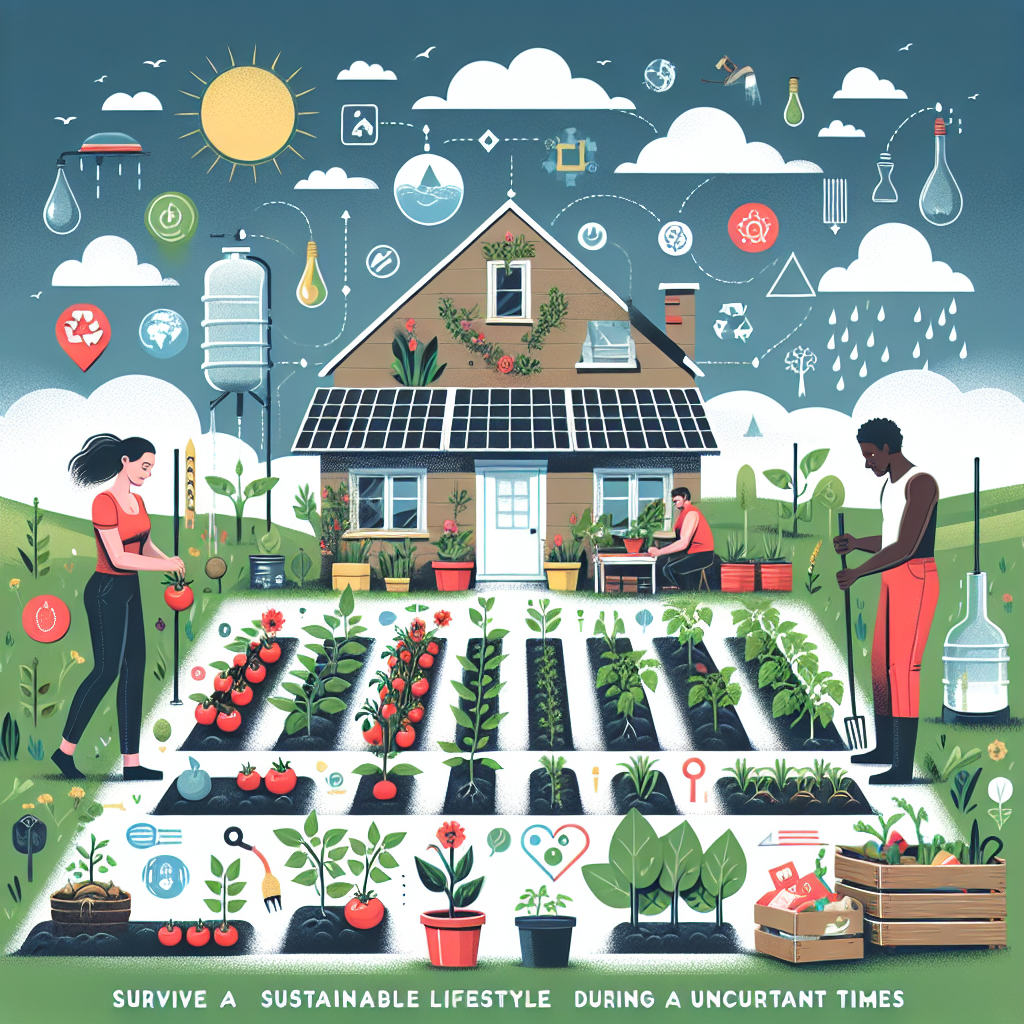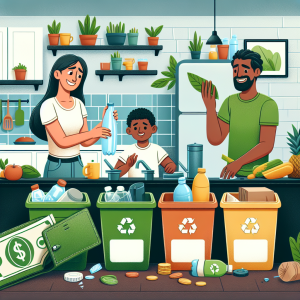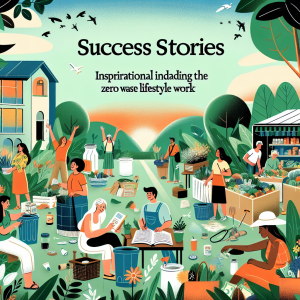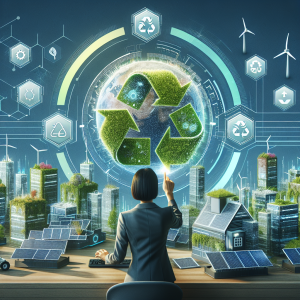Survive and Thrive: Building a Sustainable Lifestyle in Uncertain Times
In recent years, the world has faced a series of unprecedented challenges, from climate change and economic fluctuations to health crises and social unrest. These events have illuminated the fragility of our systems and the need for resilience in our lifestyles. Adopting a sustainable way of living is not just an eco-conscious choice; it is a vital strategy for survival and thriving in uncertain times.
Understanding Sustainability
At its core, sustainability is about meeting our needs without compromising the ability of future generations to meet theirs. It encompasses a range of practices, from environmental stewardship and social equity to economic viability. In uncertain times, embracing sustainability empowers individuals and communities to create more resilient systems that can withstand shocks and stresses.
Key Principles for Building a Sustainable Lifestyle
-
Mindful Consumption
- Reduce, Reuse, Recycle: Start by evaluating your consumption habits. Aim to reduce waste by reusing products and recycling whenever possible. Consider buying second-hand items which not only minimizes waste but also supports local economies.
- Conscious Buying: Prioritize purchasing from companies that are dedicated to sustainable practices—those that use ethical sourcing, reduce carbon footprints, and support fair labor practices.
-
Home and Community Resilience
- Grow Your Own Food: Starting a garden, whether in your backyard or on your balcony, can significantly enhance your food security. Explore permaculture practices that promote biodiversity and minimize resource use.
- Support Local Economies: Purchasing from local farmers and artisans can bolster your community’s economy and reduce reliance on global supply chains.
-
Energy Efficiency and Conservation
- Renewable Energy Sources: Consider investing in renewable energy solutions, such as solar panels, or advocating for community programs that promote clean energy.
- Energy-Saving Practices: Simple changes, like switching to LED bulbs, improving home insulation, or utilizing smart home technology, can reduce your energy consumption significantly.
-
Water Conservation
- Mindful Water Use: Implement practices such as rainwater harvesting, using water-efficient fixtures, and being mindful of water usage in daily routines to conserve this precious resource.
- Educate and Advocate: Stay informed about local water issues and advocate for sustainable water policies that protect this vital resource for future generations.
-
Building Community Resilience
- Networking: Joining local sustainability groups can create a support network that shares resources, knowledge, and strategies for sustainable living.
- Skill Sharing: Engage in community skill-sharing initiatives, whether it’s teaching each other to cook healthy meals from scratch, repair items, or practice sustainability.
-
Financial Sustainability
- Diversify Income Streams: Consider seeking alternative income streams, such as freelance work, part-time jobs, or side businesses that align with your interests and skills.
- Invest in Sustainability: When possible, allocate resources to green investments or funds that prioritize environmental, social, and governance (ESG) criteria.
The Psychological Resilience Connection
Practicing sustainability goes hand in hand with building mental resilience. Engaging in eco-friendly practices can foster a sense of purpose and community, which are essential during trying times. Mindfulness and connection with nature are also deeply restorative, offering a way to combat anxiety and stress.
The Future Is Cooperative
A sustainable lifestyle isn’t merely an individual endeavor; it requires cooperation at all levels—families, communities, businesses, and governments. By participating in collective movements, advocating for policies that promote sustainability, and holding corporations accountable, we can influence systemic change.
Conclusion
In an era marked by uncertainty, building a sustainable lifestyle offers not just a way to cope but also a way to thrive. By embracing sustainability, we equip ourselves with the tools and mindset necessary to navigate challenges, support our communities, and protect the planet for future generations. The journey may be daunting, but with every small step, we contribute to a larger narrative of resilience and hope. Together, we can survive and thrive, turning the tide toward a more sustainable future.




